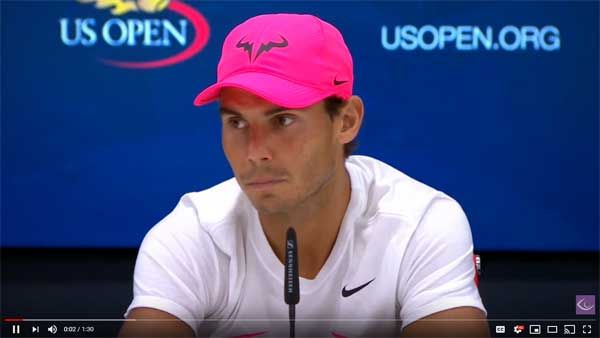Are You A Player Or A Competitor?
My challenge with leaders in all industries is to help them develop teams that have an edge. I often begin my work with head coaches by asking their athletes: “Are you a player or a competitor? There’s a big difference.

Players are energetic and they work hard. Competitors thrive when challenged to solve problems.
Players are like cheerleaders. They generate energy for energy sake. They celebrate loudly after every positive outcome even when the opposition essentially gives in with a horrendous “unforced error.” It’s as if they’re on auto-repeat. No outcome is truly amazing because all outcomes are deemed amazing. Players’ exhortations are so constant and aimless that they become pointless.
Players also pride themselves on simply working hard. Hard work is all that’s required to be successful when engaged in linear, task-oriented activities – like grinding for grades in the classroom and pumping iron in the weight room. Players bring this same approach to practice. They prepare for games by cooperatively engaging in (seemingly) endless, mind-numbing repetitive drills.
Grinding for grades can lead to academic success and pumping more iron will make you stronger. But the classroom and the weight room are relatively controlled, predictable environments. Grinding in practice does not prepare athletes for the unpredictable environment they face in games. In live competition there is no syllabus to follow. You may go into a game with a plan, but invariably you’re going to have to make adjustments. Athletes are stressed in 3 dynamics during competition:
- The Physical Dynamic - technique and fitness
- The Mental Dynamic - problem solving
- The Emotional Dynamic – impulse control
Competitors engage in practices that are designed based on the Mental Dynamic. They thrive when challenged to problem solve. Competitors are constantly seeking to make opponents uncomfortable with purpose-driven execution. Their energy is focused on making opponents suffer – and they are prepared to respond in kind when opponents make them suffer! In the process both the Physical and Emotional Dynamics are stressed purposefully – just as in live competition. They are compelled to apply technique to a tactical context and they become frustrated because they are compelled to actually exercise their minds!
Players are only comfortable engaging in practices based on the Physical Dynamic because there is no problem solving required. They are simply programmed to play certain patterns. When opponents force them to adjust they are often at a loss as to how to respond. And the only emotional challenge they face is enduring the boredom that comes with robo-drilling.
Bob Knight once said, "The key is not the will to win. It is the will to prepare to win that is important." I would take it a step further by saying that your will to win is determined by your willingness to prepare to compete. You cannot control outcomes, but you can control your willingness to compete. And remember, competing in essence is about striving together. It’s a shared purpose. True competitors make each other better.
The top performers in every industry ignore (energy-sapping) empty positives and focus their energy on problem solving. They also understand that hard work is important, but tackling intractable problems head is what gives them an edge!
Strive On!


